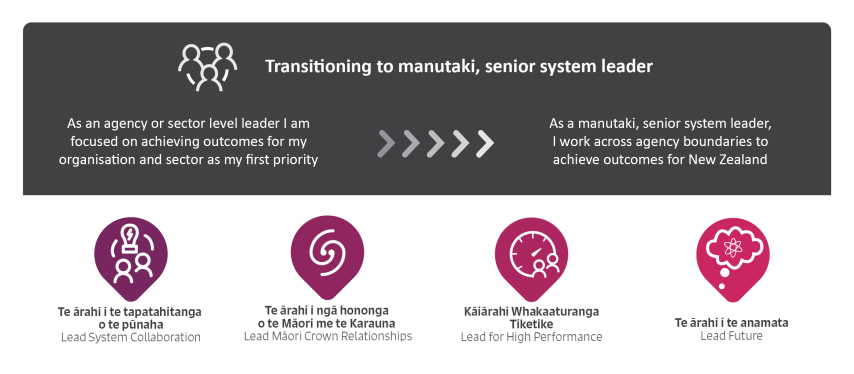Te Manutaki | New Senior System Leader Development
What is your current role and what parts of your role mean you work across the system?
I’m the Manager, Targeted Investments, Injury Prevention at ACC. The primary purpose of my role is to reduce the reduce the incidence and severity of injuries that people in all stages of life experience across a diverse range of national systems and settings, including Transport, Sport & Recreation, Employment, Housing, and communities.
ACC doesn’t control any of the national systems that cause injuries, so my team and my colleagues from across ACC are increasingly seeking to proactively work with the kaitiaki and key stakeholders of these systems, to identify and progress mutually beneficial outcomes. For example, older adult falls and fractures consume more hospital bed days than other sources of health system demand prioritised by the Ministry of Health, and in the absence of interventions this demand of forecast to double. Immediate opportunities exist for ACC, the Ministry of Health and Health NZ to reduce this demand by 30-40% within 2-3 years. This could save thousands of bed days per annum and reduce demand for age residential care by enabling older adults to maintain their independence in their own homes.
What did you enjoy the most about Te Manutaki | New Senior System Leader Development?
From the beginning, it was obvious that the programme had brought together leaders who all valued the concept of working more across the system to achieve better outcomes for New Zealand. Everyone was on that page and the programme provided and genuine opportunity to explore how we all might do more of that. The conversations provided valuable insights, and opportunities to learn from each other’s experience.
Having chief executive guest speakers provided real value and enabled programme participants to explore and test programme conclusions. The chief executives were free and frank about their own experiences and honest about the challenges they face in finding the time and incentives to lean into cross-agency work that might serve New Zealand but doesn’t always align with performance measures.
The coaching conversations were also valuable. They provided an opportunity to further explore the programme learning and in my case, network with individuals outside the programme, doing similar work on cross-system engagement. My coach was able to suggest and connect me with additional senior leaders to help me continue to reflect and develop my thinking in this space.
What was your experience like with the other leaders in the programme?
It was a really positive experience. The conversations and different perspectives that emerged about system leadership were really valuable. I could definitely find common ground and had a lot of shared experiences in this space. Every leader in the cohort was contributing to conversations in the room, and the diversity of thinking and willingness of all participants to ask questions enabled learning.
How has the programme changed how you lead or think about leading?
I’m currently working with colleagues at ACC to develop an approach to enable ACC to more effectively and efficiently engage system leaders and influencers to support the achievement of shared priorities such as reduce hospital bed days, reduced transport deaths and serious injuries, increased employer productivity and optimal participation in sport and active recreation. The ability to test ideas with other senior system leaders from across the public service has proven valuable. It has not only identified opportunities for improvement in our initial thinking, but has encouraged me to promote expansion of our scope so any approach ACC develops might serve other agencies. Ideally, we need an approach to enable all key decision makers to identify, qualify and progress cross-system opportunities that have high potential and probability to materially and immediately improve outcomes for New Zealand.

The next cohort of Te Manutaki | New Senior System Leader starts in March 2026. Learn more or enrol on our website.
